Project details
Funding: Biomedicina 2022 – Comunidad de Madrid
Project coordinator: Centro Nacional de Investigaciones Cardiovasculares Carlos III (CNIC)
Project period: 01/01/2023 – 31/12/2026
IMDEA Materials' researchers
Dr. Jennifer Patterson
Abstract
Relevance. Heart failure is a major epidemic worldwide, resulting in a large burden for society in terms of deaths, comorbidities and economic sustainability. Acute myocardial infarction (AMI), provokes acute ischemia and the loss of myocardial tissue. The low regenerative response of the human heart underlies its inability to restore the lost myocardium, which frequently leads to progressive heart failure. Furthermore, cardiomyocyte (CM) disfunction or progressive loss driven by hypertension, metabolic syndrome and aging can also lead to nonischemic heart failure, representing a growing social and economic burden. In response to this need, potential therapies aiming to regenerate the lost
myocardium following AMI have been the subject of intense basic and clinical research in the last two decades, unfortunately with unsatisfactory outcomes. Attempts to obtain mature CMlike therapeutic cells from resident cardiac stem cells have so far been unsuccessful, while the use of pluripotent stem cellderived CMs is problematic due to allogeneicity and proarrhythmicity of the implanted cells. From an ontogenic perspective, the right ventricular (RV) myocardium and the masticatory skeletal muscles are derived from a common pool of mesodermal progenitors. Contrary to the myocardium, the skeletal muscle contains bonafide stem cells called satellite cells (SCs), which are able to regenerate the
injured muscle. Previous results have indeed shown that jaw muscle SCs but not SCs from other skeletal muscles of the body, can be redirected in vitro towards a CM fate by exposing them to a cardiogenic signalling environment. This project will assess whether SCs from masticatory muscles can be redirected towards the cardiac lineage by combining in vitro approaches involving hypoxia sensing, control of telomerase activity, and biomaterialbased platforms mimicking the extracellular matrix (ECM) and the signaling environment. We will also explore the translational relevance of this approach by transplanting the obtained SCderived CMs alone or integrated in bioengineered tissues onto infarcted
mouse hearts.
For this purpose, we will develop the following strategies:
- To redirect myosatellite cells from craniopharyngealderived muscles to the CM lineage. We will isolate mouse jaw muscle SCs and optimize culture protocols for their differentiation towards the CM lineage.
- To test different strategies for the generation of engineered heart tissues (EHTs) in vitro. Cells will be embedded in different substrates and biomaterials to optimize their expansion, survival and differentiation.
- To deeply phenotype the differentiated CMs. Prior to transplantation, we will study the morphological, molecular, electrophysiological and mechanical properties of the CMs.
- To test the regenerative capacity of the differentiated CMs/EHTs . We will transplant the SCderived CMlike cells and EHTs and will determine their effect on cardiac regeneration.
Interdisciplinary aspects. This proposal will combine expertise in developmental biology, experimental cardiology, cell physiology, hypoxia, telomerase, materials science and biomedical engineering contributed by the different groups of the consortium.
Expected results. We expect to deliver new culture protocols and biomaterial formulations for the autologous generation of CMs/EHTs capable to engraft in the injured mouse heart and produce a functional benefit, preventing the evolution to heart failure.
Potential Impact. In humans, given that jaw muscles SCs can be easily obtained through a minimally invasive biopsy, it might be possible to generate autologous CMlike cells without any genetic manipulation. Such cells could be expanded and differentiated ex vivo and/or ultimately differentiated in vivo upon autologous cardiac heterotopic transplantation.
Partners
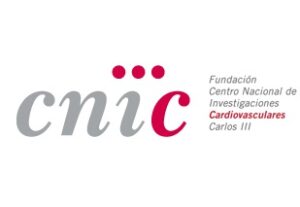
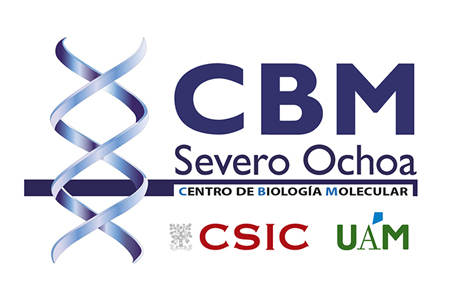
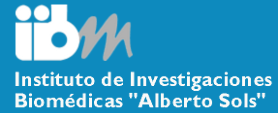
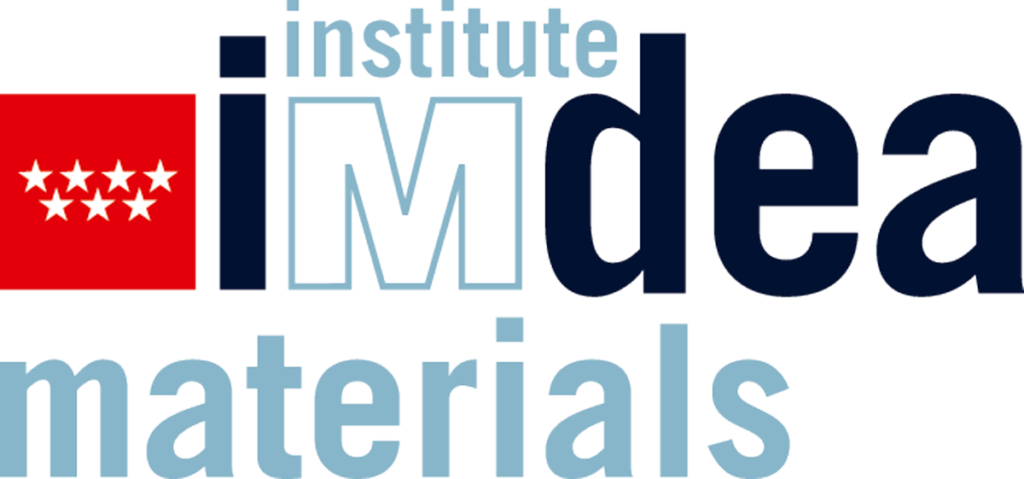
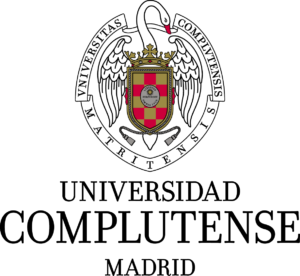
Funded by
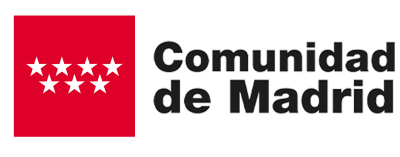
CARDIOBOOST-CM (ref. P2022/BMD-7245) is a project funded by the Community of Madrid.
